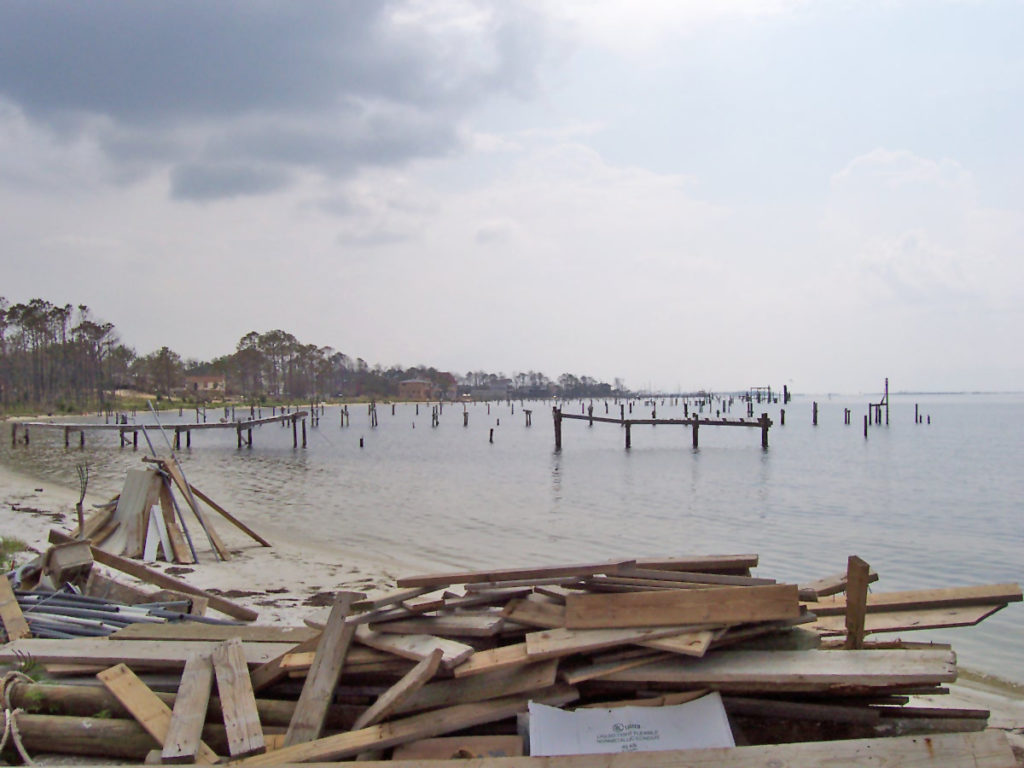Let’s just pretend for a moment that the climate deniers are right and nearly the entire scientific community is wrong. We spend a lot of time and effort so humans can continue living on this planet of ours–and it turns out we didn’t need to do all that. Let’s say all that happens is we switch to clean energy and super-efficient design, improve our air and water quality, dramatically reduce pollution-related illness, free up more spending power among people who are no longer buying fossil fuels, create hundreds of thousands of well-paying jobs, and so on–but it doesn’t affect the climate, or the climate continues to be just fine for humans. Let’s say that ending our reliance on fossil fuels changes our foreign policy away from resource-based wars and toward peace, quality-of-life improvements around the world, and international cooperation.
You know what? I’d be pretty happy with those outcomes. It would be worth making that effort even if climate change were not an issue.
BUT…what if the climate scientists are right? What if our future is full of massive flooding, wildfires, severe storms, food riots, and all the rest of it? I’m not actually worried that much about the planet. The planet has survived climate upheaval many times before, and it will again. So will the cockroaches. But I AM worried about our planet’s capacity to sustain human and mammal life, and the plants that we all rely on for our survival. The planet is indifferent to whether humans survive and thrive. It looks to me that the planet has begun to fight back over the past ten or twenty years; “global weirding” has become a thing, around the world. The climate we’ve been used to for a couple of centuries is not the one we have anymore. If we continue blindly down the path of climate denial and inaction, explorers from other planets will land here to discover that the cockroaches are in charge, and humans are either extinct or a tiny remnant living lives of deprivation in scattered little bands.
Don’t take my word about those consequences. Follow these links and listen to the real experts: scientists.
- First, a quick general-audience overview of why climate change matters
- A more scientific but still relatively readable report from NASA
- And finally, a more technical piece from the Union of Concerned Scientists (a group I’ve been paying attention to for about 40 years and for whom I have a great deal of respect) outlining why humans need to own the responsibility for climate change
Are natural causes also contributing to climate change? Sure. Volcanoes, earthquakes, massive forest fires and floods…all of those have an effect on climate. But it’s important to keep four things in mind about natural disasters:
- Humans still have a huge effect; nature issuing “corrections” doesn’t let us off the hook
- Many natural disasters may be precipitated by human activity; consider the well-documented links between gas or oil fracking and earthquakes
- Huge damages from storms and other disasters often have to do with humans’ tendency to build in places we shouldn’t; if we build in flood zones, our structures will get flooded–but if we build where it’s safe and appropriate, not only is flood damage minimal, but the planet gets a nice recharge (kind of like taking a bath)–think about how important the annual flooding of the Nile was to the Egyptians
- When we put not just buildings but massive-scale infrastructure using risky technologies into at-risk locations, the consequences can magnify alarmingly
As an example of that last point, consider the accident at Fukushima in 2011. Seismic activity caused a tsunami, which flooded one of the largest concentrations of nuclear power plants in the world (6 plants at the Fukushima Daiichi site and another 4 at Fukushima Daini, just 7 miles away), which led to explosions in at least four of the Daiichi plants, which led to a meltdown, which contaminated a wide swath and forced thousands to evacuate.
The Deepwater Horizon oil spill in the Gulf of Mexico is another example. Around the world, numerous oil rigs, nuclear plants, chemical refineries, etc. sit on earthquake faults or next to large bodies of water. And this is simply nuts!
We’ve had 200 years to watch this crisis coming. We have plenty of technology to reduce our need for energy AND to generate clean, safe energy to power our world. If we’d started to get serious about dealing with climate change even as recently as 50 years ago, by now, we could have easily moved to 100% renewables, and if we had any sense, we would have. The good news: we could still convert to 100% renewables by 2050, or perhaps even sooner. The bad news: we may not have the luxury of 30+ years to figure this out, and at the moment, the US at least has a federal government that is actively hostile to climate science and puts dollars in the pockets of big business ahead of the health, safety, and livability of people and planet.
